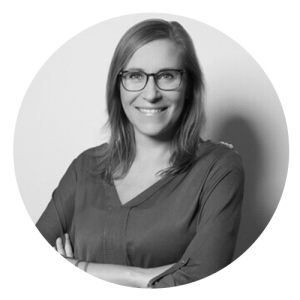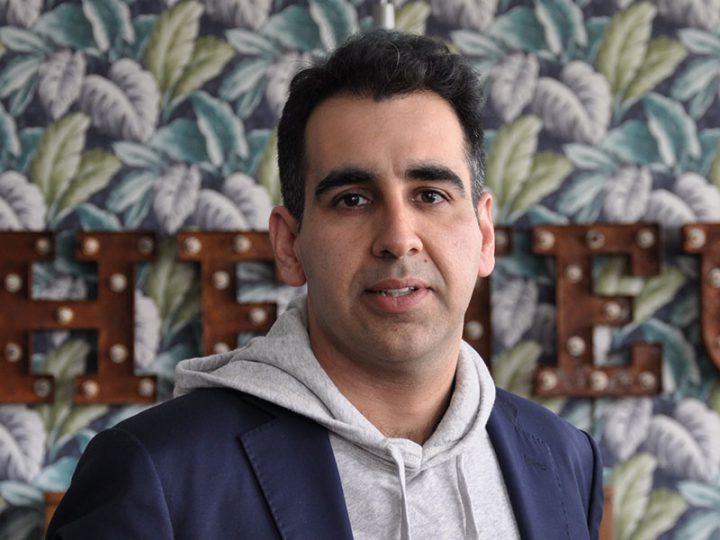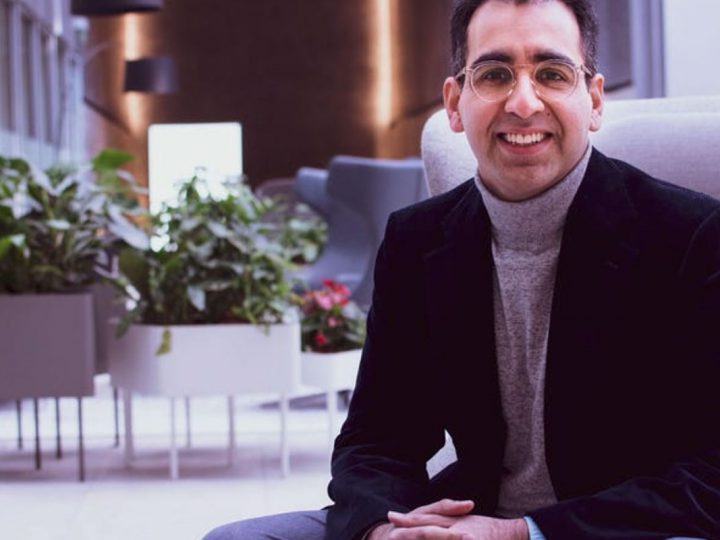Marta Margolis has been with Atheneum since 2012. As our Managing Director and Chief Commercial Officer, she is responsible for business development strategy and building the cooperative network of experts.
With her entrepreneurial experience of founding and successfully selling a B2B service company and after more than 6 years at McKinsey & Company, Marta is an incredible role model for many women at Atheneum.
In the upcoming International Women’s Day, we have chatted with Marta about her background, aspirations and asked about her take on female empowerment.
When did you become interested in technology? What first got you interested in tech?
I am interested in technology as a mean to an end – I am passionate about building high-growth successful companies. Technology is a driving factor that enables you to build a world-class successful firm.
The AI technology that empowers Atheneum allows us to scan larger data sets of expertise to broaden our global reach. It is a focal tool widely used among our internal teams, clients and experts.
Let’s talk about your background. What has brought you to your current career path? What challenges did you have to overcome?

I launched my first start up while studying, managed it for 3 years and sold it to one of my clients to join McKinsey – started as an intern left 6 years later as a manager. I did a break for INSEAD MBA and pro bono work with Professor Muhammad Yunus (Nobel Peace Prize winner in Microfinancing). And then left McKinsey to join Atheneum at its very early days to build Atheneum from a small but ambitious start up to a successful high-growth global firm.
Did you receive support from your family and friends? Do you have a role model?
My parents were always my biggest champions and they are also my role model. Born in communist Poland, they leveraged the transition period to become entrepreneurs. My parents lived through crazy times, lots of ups and downs but in the end, both turned out to be very successful real estate developers and people of the highest integrity.
Did someone ever try to stop you from learning and advancing in your professional life?
There are always obstacles – we actually used to avoid this word at McKinsey and try to frame it as challenges that can be addressed. The most important – don’t be your own obstacle. Believe in yourself but stay humble and keep on learning.
Could you tell us more about your present job? How does your typical workday look like?
I am one of the 3 global Managing Directors and the Chief Revenue Officer. It may be a cliché, but there is no standard day for me. I love the diversity of our clients, geographies, industries, internal and external topics.
Ever changing global markets drive the need to access up-to-date insights in a fast and meaningful way. Thanks to Atheneum’s Research-as-a-Service (RaaS) model, our clients obtain the latest and most reliable market expertise quickly and securely.
What are you most proud of in your career?
Achieved quite some success but the best is yet to come. Proud to do what gives me a huge satisfaction and also to help my team members to grow and reach their potential
Why aren’t there more women in tech? What’s your take on that?
I guess one could ask even more broadly – why there are so few women in STEM. Research has proven that brains of girls and boys are similar, producing equal math ability. However, already at the age of 6 girls think that boys overperform girls at math, so it starts very early on. And is up to us as individuals and as a whole society to change it.
Could you name a few challenges women in tech face?
Like in any male dominated field women are judged not only through the lens of their performance but also their gender and looks, so it takes more effort to build credibility as a professional if you are a woman. Of course, there’s also the gender pay gap, which in tech is still significant.
Would our world be different if more women worked in STEM? What would be the social, economic and cultural impact?
Diversity is always enriching. Women represent 50% of the society, so with more women in STEM we would have more solutions and products that truly cater to the needs of the whole population not just a half of it.
The discussion about diversity is gaining momentum. How long will it take to see the results from the current debate?
We are seeing the results already – I’m far from being pessimistic – however, the World Economic Forum estimates that at current rates of progress, it may take another 202 years to close the economic gender gap globally. If we want to speed up that process, we should look at the countries who are the global leaders on that front, for example, Iceland or the Nordic countries.
What advice would you give to women who want a tech career? What should they know about this industry?
Build and take care of your professional network. Believe in yourself, but also find supporters who will root for you in a given organization. Keep on learning!
We are excited to post this interview as a part of #EachForEqual International Women’s Day 2020 campaign theme. Diversity is very important to Atheneum: 195 employees from 38 countries work in the international locations, the proportion of women is 50 percent.




